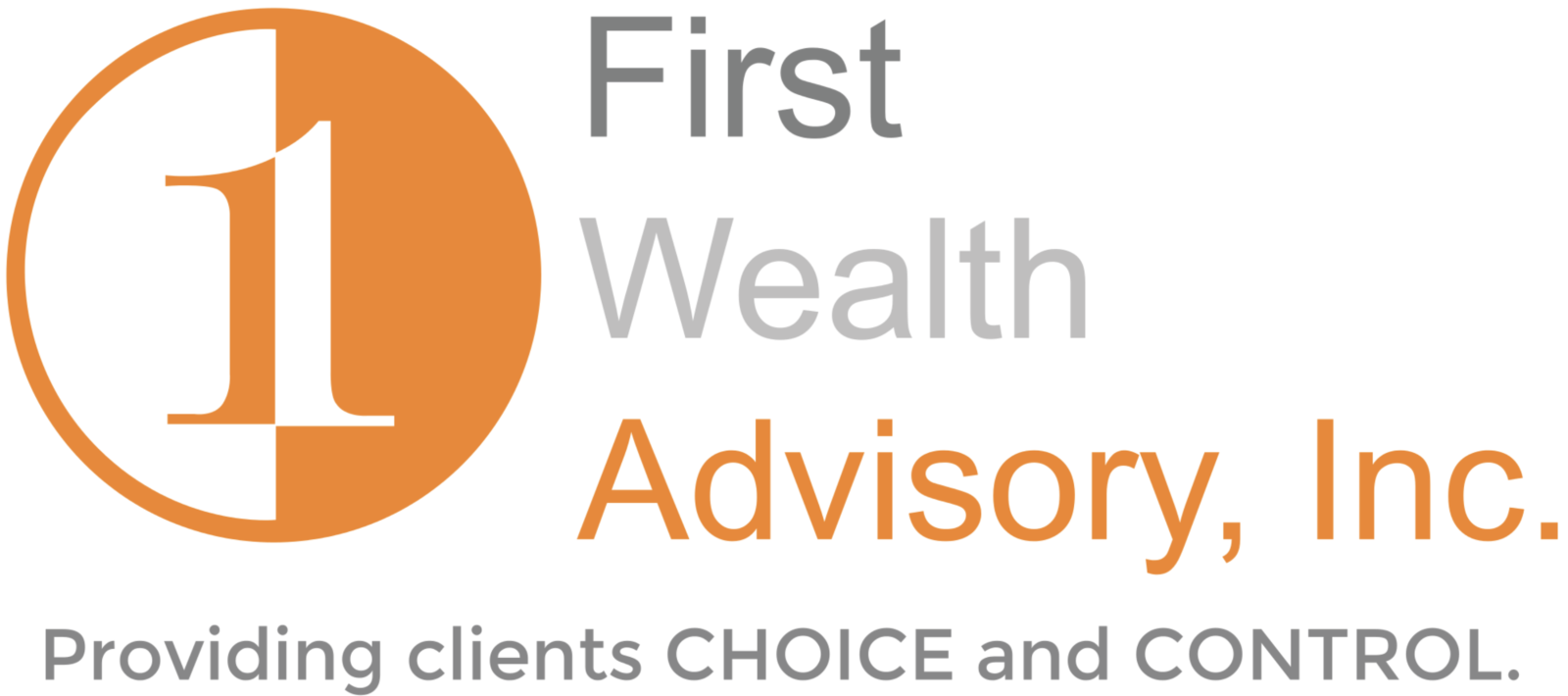Chris DeLarme | Aug 04 2025 14:00
Changing jobs, retiring, or consolidating accounts? If you’ve got an old 401(k) sitting at a former employer—or you’re approaching retirement—you might be thinking about rolling it over. Done right, a 401(k) rollover can streamline your finances, lower costs, and improve investment flexibility. Done wrong, it could trigger taxes, penalties, or unnecessary complexity. Here’s what you should know before you move your money:
What Are Your Options?
If you leave a job or retire, you typically have four options for your 401(k):
- Leave it where it is. Might make sense if the plan has low costs and good investment choices and you’ll keep the same plan rules and access, but may lose touch with it over time.
- Roll it into a new employer’s plan. Good for consolidation if the new plan allows roll-ins and might have fewer investment options or higher fees.
- Roll it into an IRA. Often gives you more investment flexibility and can be managed by an advisor as part of your larger financial plan. Also avoids future Required Minimum Distributions (RMDs) if converted to Roth later
- Cash it out. Almost never recommended unless absolutely necessary and triggers income tax (plus early withdrawal penalties if you’re under 59½)
What We Help You Consider
At our firm, we help clients in St. Charles, Geneva, Batavia, and beyond make informed decisions based on:
- Fees and expenses
- Investment options
- Tax impact (especially if you’re considering Roth conversion)
- Access and control
- Coordination with the rest of your retirement income plan
- We also make sure rollovers are direct transfers—not distributions—so you avoid accidental tax events.
Why a Rollover Should Be Part of a Bigger Plan
Rolling over your 401(k) might sound like a standalone task, but it’s really part of your bigger retirement strategy. For example, if you’re also doing tax planning, making a Roth conversion, or preparing to draw income, the timing and structure of the rollover matters. A 401(k) rollover isn’t just a form to fill out—it’s a decision with long-term consequences. Make sure it fits your full financial picture before making a move. Not sure what to do with your old 401(k)? Schedule a meeting today to talk about next steps
